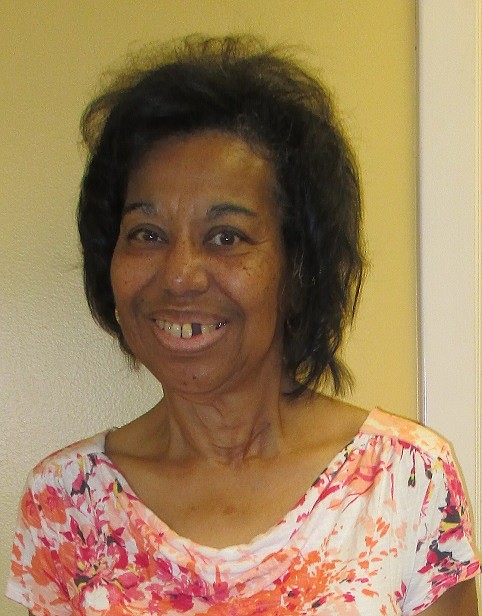The iCow
July 18, 2016 at 6:00 a.m.
The iCow
[This piece is in response to the Lateral Thinking exercise for Creative Writing Lab session #2—redesigning either the cow, a table, or an apple. Done for the Write About Your Life group at Greenwood Senior Center. Yes, another great "Cow" piece to share with you!]
Providing the nutritious beverage iMilk to the entire world is now an easy chore. For more than five years, iCows have been a favored source of this life-sustaining liquid. Cows used to be the main supply of milk, but Mother Nature’s complex process has been improved ten times over by the iCow.
Milk from cows was originally used to feed baby calves and young children. iCow milk is suitable for human infants, for children, and for adults. It is often converted to various dairy products like cheese, butter, and ice cream.
iCow technology was developed in the late 20th century in response to an ever increasing rise in lactose intolerance. Elmer Wocowski worked with young Steve Jobs to create special circuit boards that were inserted into old style milking machines. Since cows have four teats on their udders, there are four arms on each iCow. The sucking ends of the iCow are positioned over vats of hay and Vitamin D for regular iMilk. Almonds, coconuts, rice, or soy beans are substituted for alternate iMilk tastes. Optionally, chocolate, strawberries, or a seasonal spice can be added for special flavored iMilk. The hay (or substituted protein and/or flavoring) is drawn into the appendages and quickly processed into iMilk.
iCows have multiple advantages over cows. The machines are compact and portable. Barns, pastures, and fences are no longer required. Dairy farmers no longer need acres and acres of land or expensive herding dogs. Stud fees for bulls and specialty breeding are both a part of the past.
There is no more mucking out of cow stalls, and cow pies are few and far between. However, the three-legged milking stool is still a significant part of the dairy industry. Each iCow is mounted on a milking stool to assure stability. The only disadvantage of that stability? There is no iCow tipping.
Rather than going into milking buckets, the iCow interfaces with bottling equipment to put iMilk directly into containers for wholesale and retail markets. Cartons still carry an old-fashioned cow logo for product transition purposes. Home delivery is extremely popular because iMilk does not require refrigeration.
Unlike original cows’ milk, iMilk has no lactic acid, which often causes digestion issues. This allows iMilk to be used as a sustainable source of nutrition which can support populations when other food sources have failed. iMilk is wholesome and contains no cholesterol or saturated fats. The World Health Organization recently recommended iMilk for babies that are not able to breastfeed. iMilk is available locally at PCC and Whole Foods and on the Internet at Amazon.com.
Laurel Winston is a native Seattleite entrepreneur—specializing in Customer Service who teaches, develops curriculum, and presents corporate training.
SHARING STORIES is a weekly column for and about the 50 plus crowd living in the Puget Sound region. Send your stories and photos to ariele@comcast.net. Tell local or personal stories; discuss concerns around aging and other issues; share solutions, good luck, and reasons to celebrate; poems are fine too. Pieces may be edited or excerpted. We reserve the right to select among pieces. Photos are always a plus and a one-sentence bio is requested (where you live, maybe age or career, retired status, etc.).
SHARING STORIES is featured on www.northwestprimetime.com, the website for Northwest Prime Time, a monthly publication for baby boomers, seniors, retirees, and those contemplating retirement. The newspaper can be found in the greater Seattle area and other Puget Sound locations. For more information, call 206-824-8600 or visit www.northwestprimetime.com. To find other SHARING STORIES articles on this website type "sharing stories" in the search function above.





